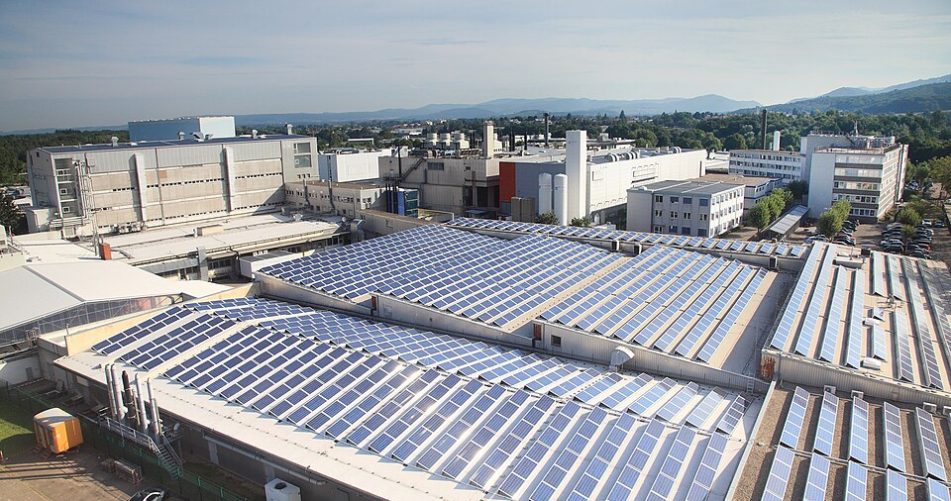
- Final figures for PV solar installations in Thailand and globally have appeared for 2024, and -- for the first time since the start of the COVID crisis -- Thailand has reported two consecutive years of solid investment, with around 100 MW in each year.
- Why is that important? Because for several years, Thailand has been falling further and further behind the rest of the world in renewable energy investments. The contrast with the decade from 2010 was striking: Thailand led ASEAN in solar energy deployment, and had installed 3000 MW by 2018.
- Installations of solar energy dropped dramatically after 2018, as the sector waited for proof of the economic benefits to emerge, the government waited to digest the impact of the constant cost reductions on policy, and of course COVID hit. Official figures show total new installations of barely over 200 MW from 2019 to 2022 combined, compared with 3000 MW between 2011 and 2018.
- Thailand lost its leadership position in solar energy in ASEAN, and in 2023, generated less than 3% of electricity from PV solar, a dismally low figure when set against the abundance and outstanding economics of solar energy. Australia, for comparison, gets 17%, nearly six times more. Thailand was also criticized for its performance in renewables, notably by the International Energy Agency.
- The correction of the decline is long overdue and, for the first time, there are signs of significant investment in solar rooftop generation on many commercial and industrial buildings. Most of the growth in the teen years came from solar farms, which are larger, ground-mounted and utility-scale, although there were limited roof-mounted investments by major players such as operators of superstores, producing hard evidence of the benefits.
Recently, more and more organizations have come to realize that, with prices of solar panels down by more than 80% since 2000, smaller-scale, decentralized electricity from solar offers almost the same economic benefits, which can flow straight to the building owner. In addition, rooftop installations require no new land, and the benefits to sustainability are an additional bonus. And similar cost trends are now visible in batteries, making electricity storage for night-time use profitable also.
If you would like to discuss the consequences for your building, and you have a minimum of 3000 m2 of accessible roof space, contact us on customerservice@panphos.com or telephone 062-190-9627.





